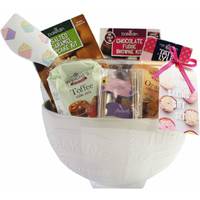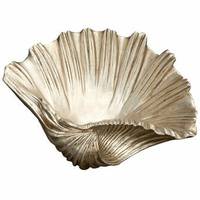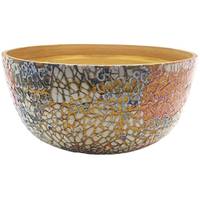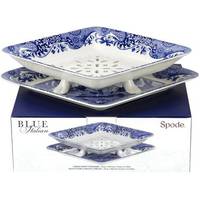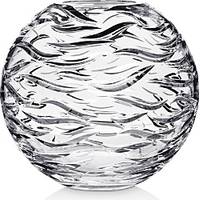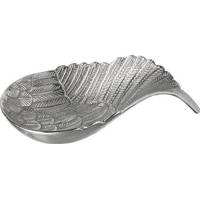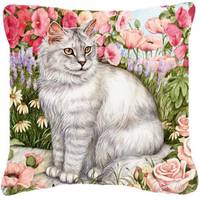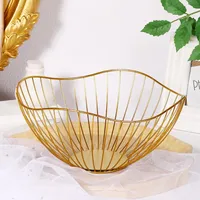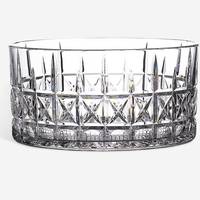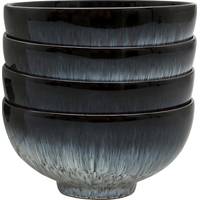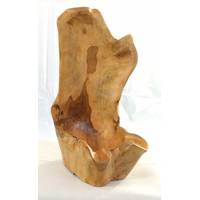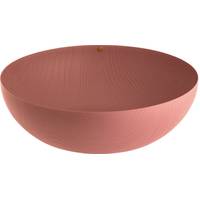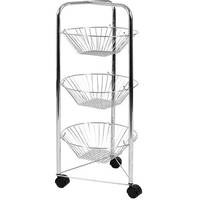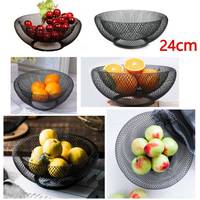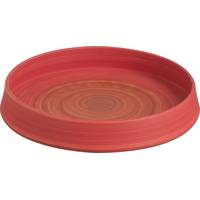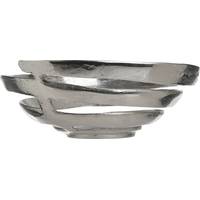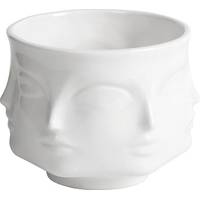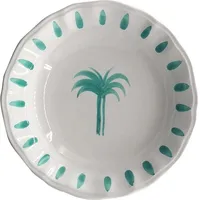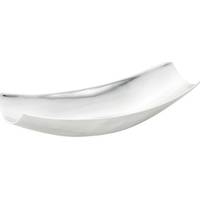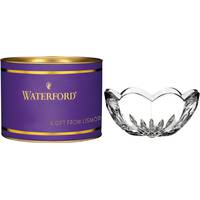The House of Bruar Leaves, Medium Deep Bowl Red Inside by Sophie MacCarthy
Description
Dimensions: cm
Please click on the picture to see a larger version.
About the Artist
Comparisons have been made between Sophie MacCarthy's early work and the style of the Bloomsbury group, with whom she has family connections. She is the granddaughter of the critic Sir Desmond MacCarthy, and grew up surrounded by the paintings and decorative arts of Duncan Grant and Vanessa Bell. She studied ceramics at Amersham College of Art and Sculpture and at Wimbledon School of Art.
In 1980 she worked as a thrower at Chelsea Pottery, before becoming an assistant to John Hinchcliffe in 1984. Here she was inspired by his bold and colourful - but never garish - approach to decoration. She established a workshop in London shortly afterwards where she has continued to produce functional ware, especially large jugs and platters.
Her surface decoration originally was two-tone with a limited palette and her use of abstract shapes and linear nudes reinforced the Omega associations. Since the mid 1980s she has used wax resists and stencils to create designs including leaves, figures, fruit and fish. She paints directly on to the clay and builds up pictorial depth through transparent layers of slip. This gives the effect of peering into a rockpool full of swimming fish, or holding a bowl of swirling autumn leaves, creating works alive with depth and a remarkable fluidity of motion.
Please click on the picture to see a larger version.
About the Artist
Comparisons have been made between Sophie MacCarthy's early work and the style of the Bloomsbury group, with whom she has family connections. She is the granddaughter of the critic Sir Desmond MacCarthy, and grew up surrounded by the paintings and decorative arts of Duncan Grant and Vanessa Bell. She studied ceramics at Amersham College of Art and Sculpture and at Wimbledon School of Art.
In 1980 she worked as a thrower at Chelsea Pottery, before becoming an assistant to John Hinchcliffe in 1984. Here she was inspired by his bold and colourful - but never garish - approach to decoration. She established a workshop in London shortly afterwards where she has continued to produce functional ware, especially large jugs and platters.
Her surface decoration originally was two-tone with a limited palette and her use of abstract shapes and linear nudes reinforced the Omega associations. Since the mid 1980s she has used wax resists and stencils to create designs including leaves, figures, fruit and fish. She paints directly on to the clay and builds up pictorial depth through transparent layers of slip. This gives the effect of peering into a rockpool full of swimming fish, or holding a bowl of swirling autumn leaves, creating works alive with depth and a remarkable fluidity of motion.
You may also like
loading
Discover more









































